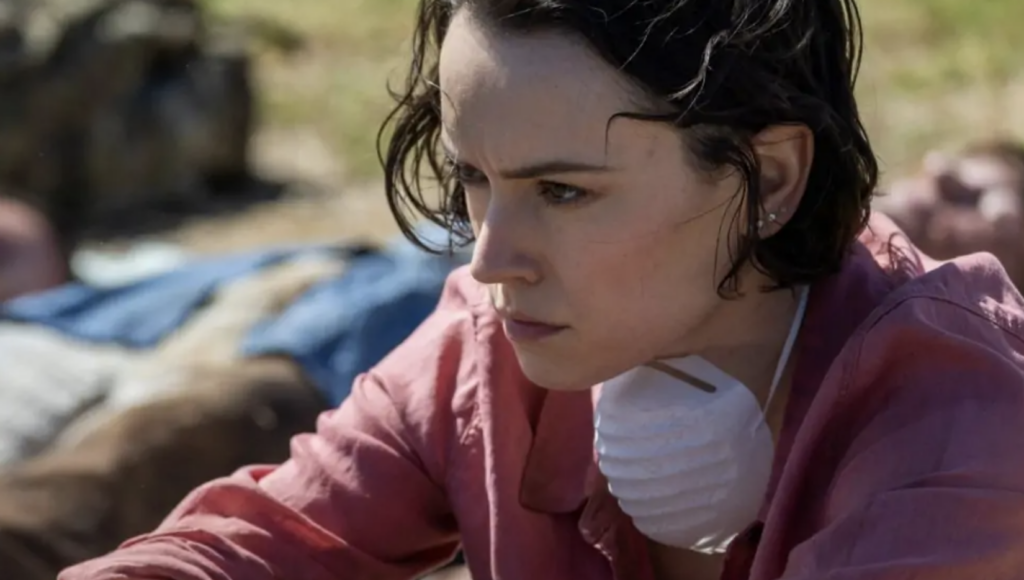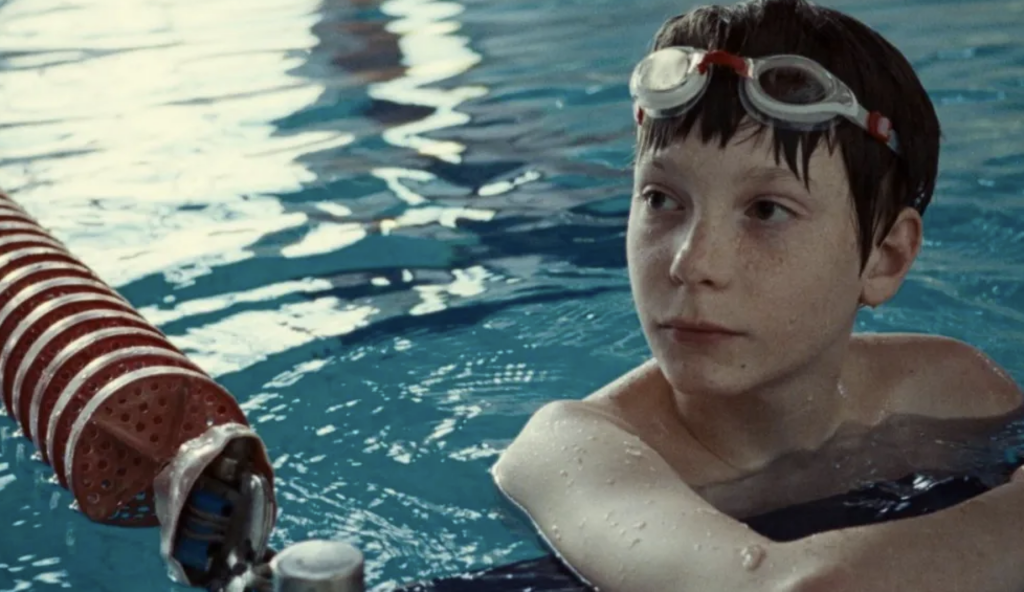Mission: Impossible — Dead Reckoning Part One pits Cruise against our collective AI anxiety
Pop culture reflects our anxieties. A decade from now, hopefully we’ll look back on the now-current movies, books and shows about the threat of artificial intelligence and smile at how we avoided the future of The Terminator by regulating it when we had the chance. More likely, we’ll sigh nostalgically from our AI-controlled future about a time when things were simpler, we hadn’t automated ourselves out of employment, and Tom Cruise was still allowed to do his own stunts.
Cruise, our starriest movie star, prides himself on keeping things real whenever possible. The Mission: Impossible franchise is built on him doing outrageous things to entertain audiences with a smile on his face. It makes sense that the cinematic equivalent of our Sun would use a Mission: Impossible movie to tell a story about the implications of AI, which he does in Mission: Impossible — Dead Reckoning Part One.
The religious imagery in Dead Reckoning is constant, beginning with the movie’s MacGuffin: a key connected to a learning AI called The Entity, developed for defense use. This key has two interlocking parts that, when joined, form a cross. When we first see the key, it’s being used by a Russian submarine, the Sevastopol. An error (or WAS it?) causes the sub to release a torpedo at a perceived threat, only to have said torpedo to double back and destroy the Sevastopol, killing the entire crew.
Cruise’s Ethan Hunt is assigned by FBI director Eugene Kittridge (Henry Czerny, returning from the first movie), to track down the two halves of the key, lost since the sub disaster. One half is held by the badass Ilsa Faust (Rebecca Ferguson). The other is in the hands of an arms dealer. Ethan and his team’s attempts to obtain the key’s other half get them mixed up with Grace (Hayley Atwell), a thief pursuing a payday from an anonymous buyer. The group is also in the crosshairs of Gabriel (Esai Morales), a figure from Ethan’s past who wants the key, and has a deep connection to the Entity.
All of this ensures amazingly shot action sequences, thrilling stunts, great costumes and beloved returning side characters. Almost all are treated with the level of skill and care you’d expect from director Christopher McQuarrie, Cruise, and company, who treat this series with the love and attention of craftspeople who care about what they make.
The movie’s only flaw is that it doesn’t do right by Ferguson’s Ilsa, a major appeal of the last two movies. It seemed she was promoted to full member of Team Hunt in Fallout, but that’s not proven out here. As Grace, Atwell is similarly formidable and fun. It would be nice, however, for this franchise to allow more than one capable female hero to exist alongside Ethan at a time, something certain other long-running action series seem to have no trouble with (coughs in Fast and Furious).
The most interesting aspect of the movie remains the way it considers AI, which in addition to being a good threat-of-the-moment, is a handy allegory for the real-life concerns tech poses to artists. The film posits The Entity, a Skynet-style system that’s already acting in its own interests, as an idol, and the people who wish to control it as worshippers. Given the industry’s increasing use of artificial intelligence to do everything from green-lighting projects to writing error-ridden articles to deep faking actors’ likenesses, it’s not hard to draw a parallel, especially when the story comes from a filmmaking team dedicated to doing things practically.
Dead Reckoning knows The Entity, and the future it represents, is a false god that only serves to destroy. Ethan, a real boy who shows mercy toward others and repeatedly sacrifices himself for “the greater good” is the movie’s true Christ figure. In the same way, Cruise, the flesh and blood actor who loves doing death-defying stunts, represents the artists whose hard work and commitment to their craft are a big part of why we love movies in the first place.
Mission: Impossible — Dead Reckoning Part One is reliably great. But like many recent Cruise-led projects, it’s also deeply concerned with the future of cinema. It may feel a little self-important for Cruise to posit himself as the savior of the medium, assisted by his collaborators/apostles. However, someone’s got to speak up. Considering how outspoken Cruise has been—and how bankable he continues to be—it’s hard to think of a better way to make studios shut up and take notice.





